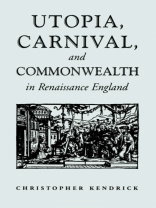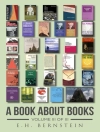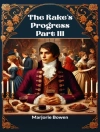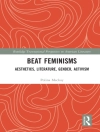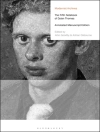With the emergence of utopia as a cultural genre in the sixteenth century, a dual understanding of alternative societies, as either political or literary, took shape. In Utopia, Carnival, and Commonwealth in Renaissance England, Christopher Kendrick argues that the chief cultural-discursive conditions of this development are to be found in the practice of carnivalesque satire and in the attempt to construct a valid commonwealth ideology. Meanwhile, the enabling social-political condition of the new utopian writing is the existence of a social class of smallholders whose unevenly developed character prevents it from attaining political power equivalent to its social weight.
In a detailed reading of Thomas More”s Utopia, Kendrick argues that the uncanny dislocations, the incongruities and blank spots often remarked upon in Book II”s description of Utopian society, amount to a way of discovering uneven development, and that the appeal of Utopian communism stems from its answering the desire of the smallholding class (in which are to be numbered European humanists) for unity and power. Subsequent chapters on Rabelais, Nashe, Marlowe, Bacon, Shakespeare, and others show how the utopian form engages with its two chief discursive preconditions, carnival and commonwealth ideologies, while reflecting the history of uneven development and the smallholding class. Utopia, Carnival, and Commonwealth in Renaissance England makes a novel case for the social and cultural significance of Renaissance utopian writing, and of the modern utopia in general.
